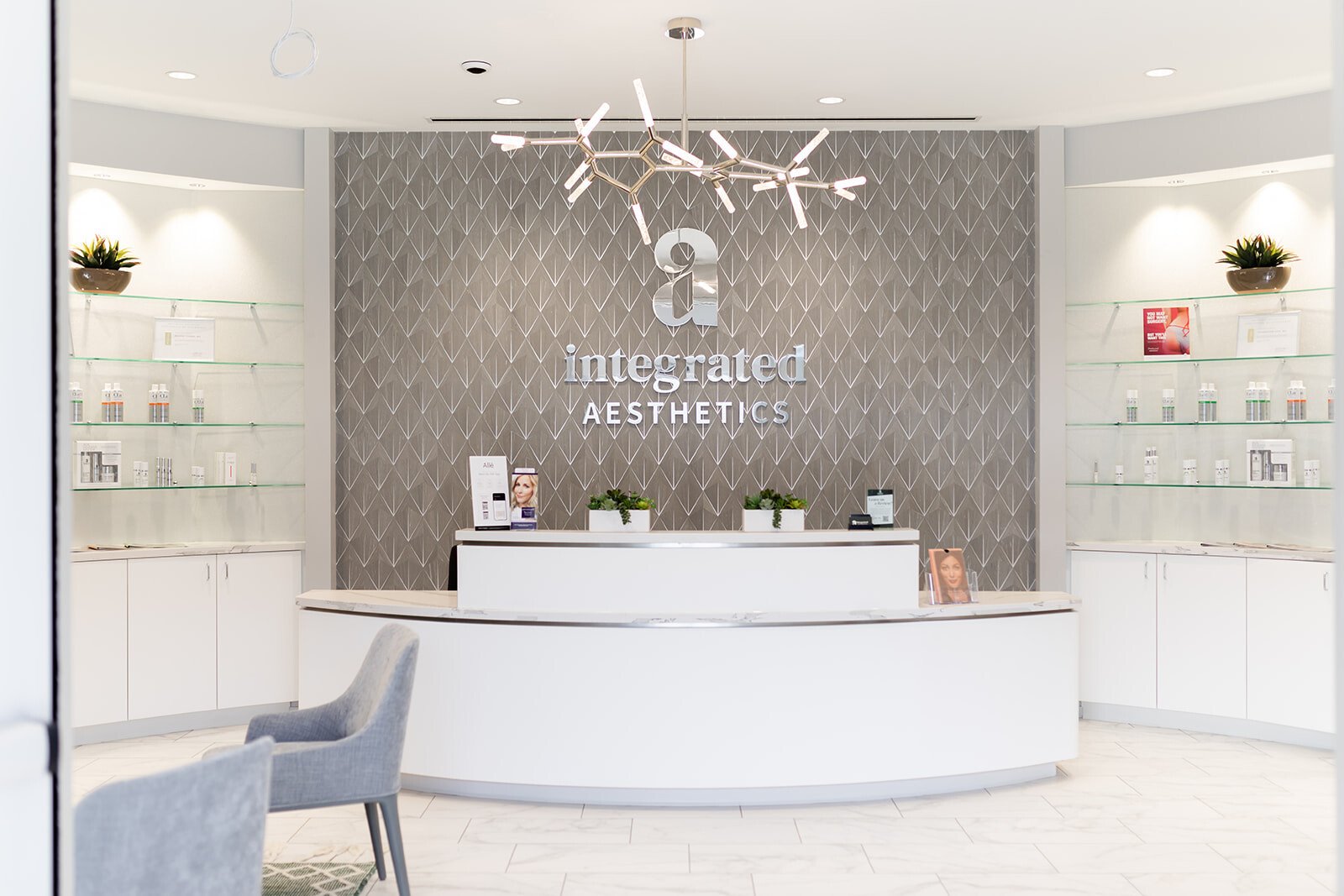In this blog, we will shed light on a crucial topic that has been a concern for many individuals considering breast implants: implant illness and implant-related lymphoma. It’s essential to be informed and make well-informed decisions about your health in the decision-making process for breast augmentation surgery. We will go in detail on what you need to know and consider about these conditions and guide you on how to choose the right surgeon for your breast implant journey.
What is Implant Illness?
First and foremost, let’s discuss implant illness. This term refers to a range of symptoms and health issues that some individuals with breast implants have reported. These symptoms can include fatigue, joint pain, memory problems, and more. While research on implant illness is ongoing, it’s crucial to be aware of the potential risks and benefits of breast augmentation.
What is Implant-Related Lymphoma?
Implant-related lymphoma, or breast implant-associated anaplastic large cell lymphoma (BIA-ALCL), is a rare type of cancer that has been associated with certain types of breast implants. Although this cancer is rare, it’s essential to be aware of the signs and symptoms, which may include swelling, pain, or a lump in the breast. Early detection and treatment are critical for a positive outcome.
When do breast implant illness symptoms start?
Breast implant illness symptoms can vary widely among individuals, and the onset may differ. Some patients report experiencing symptoms shortly after getting breast implants, while others may notice symptoms developing over time. The range of symptoms can include fatigue, joint pain, memory problems, and more. It’s important to note that not everyone with breast implants will experience these symptoms, and the relationship between breast implants and these symptoms is still an area of ongoing research. If you suspect you may have breast implant illness, it’s crucial to consult with a healthcare professional.
How do you know if your implant is leaking?
Detecting a leak in a breast implant can be challenging without the guidance of a healthcare provider. Saline implants typically deflate visibly if they rupture, causing a noticeable change in breast size. However, silicone gel implants may not show obvious signs of rupture. Regular breast self-exams and routine follow-ups with your plastic surgeon are essential for monitoring your implants’ integrity. Imaging techniques, such as MRI, may be recommended to detect silent ruptures in silicone implants. If you suspect a leak or have concerns about your implants, consult your surgeon promptly for a thorough evaluation.
What is the healthiest breast implant?
The concept of the “healthiest” breast implant can vary depending on individual preferences, medical history, and risk factors. Generally, the choice between saline and silicone gel implants is a significant consideration.
- Saline implants: These implants are filled with sterile saltwater and are considered safe. In the event of a rupture, saline is harmlessly absorbed by the body. They are often chosen for their natural feel and appearance.
- Silicone gel implants: These implants contain cohesive silicone gel and are known for their natural look and feel. While they have been extensively studied for safety, concerns about silent rupture detection have prompted some individuals to opt for regular MRI screenings.
The “healthiest” implant for you depends on your specific goals, body type, and comfort level with potential risks. Discuss your options thoroughly with your surgeon, taking into account factors like implant type, size, and placement to make an informed choice aligned with your individual health and aesthetic preferences.
Why Choosing the Right Surgeon is Important
Now that you’re informed about the potential risks, let’s focus on how to choose the right surgeon for your breast augmentation. Here are some key considerations:
- Board Certification: Ensure that your surgeon is board-certified by a reputable organization, such as the American Board of Plastic Surgery. Certification indicates that the surgeon has met specific training and ethical standards. Learn more about board-certified plastic surgeon, Dr. Young Cho’s education and certifications here.
- Experience and Expertise: Look for a surgeon with extensive experience in breast augmentation. They should have a track record of successful procedures and a thorough understanding of implant-related complications. Browse our breast augmentation before and after gallery.
- Patient Reviews and Testimonials: Read reviews and testimonials from previous patients to get an idea of the surgeon’s reputation and patient satisfaction. Check out our latest reviews.
Communication: A good surgeon should be an excellent communicator. They should listen to your concerns, answer your questions, and provide you with realistic expectations about the procedure. Dr. Young Cho is lauded for his exceptional bedside manner and patient care. - Hospital Privileges: Confirm that your surgeon has hospital privileges to perform breast augmentation procedures. This ensures they meet the hospital’s safety and quality standards.
- Continuing Education: Choose a surgeon who stays updated with the latest advancements in breast augmentation techniques and safety measures.
- Transparent Pricing: The cost of breast augmentation should be transparent, with no hidden fees. Make sure you understand the pricing structure before moving forward. During your consultation, your patient coordinator will go into details on pricing and expectations pre and post-breast augmentation surgery.
In conclusion, thorough research and careful decision-making are vital when considering breast augmentation surgery. Your health is a priority, and Dr. Young Cho is dedicated to providing personalized guidance based on your unique needs and circumstances. Schedule a consultation today to embark on a safe and successful breast implant journey.









